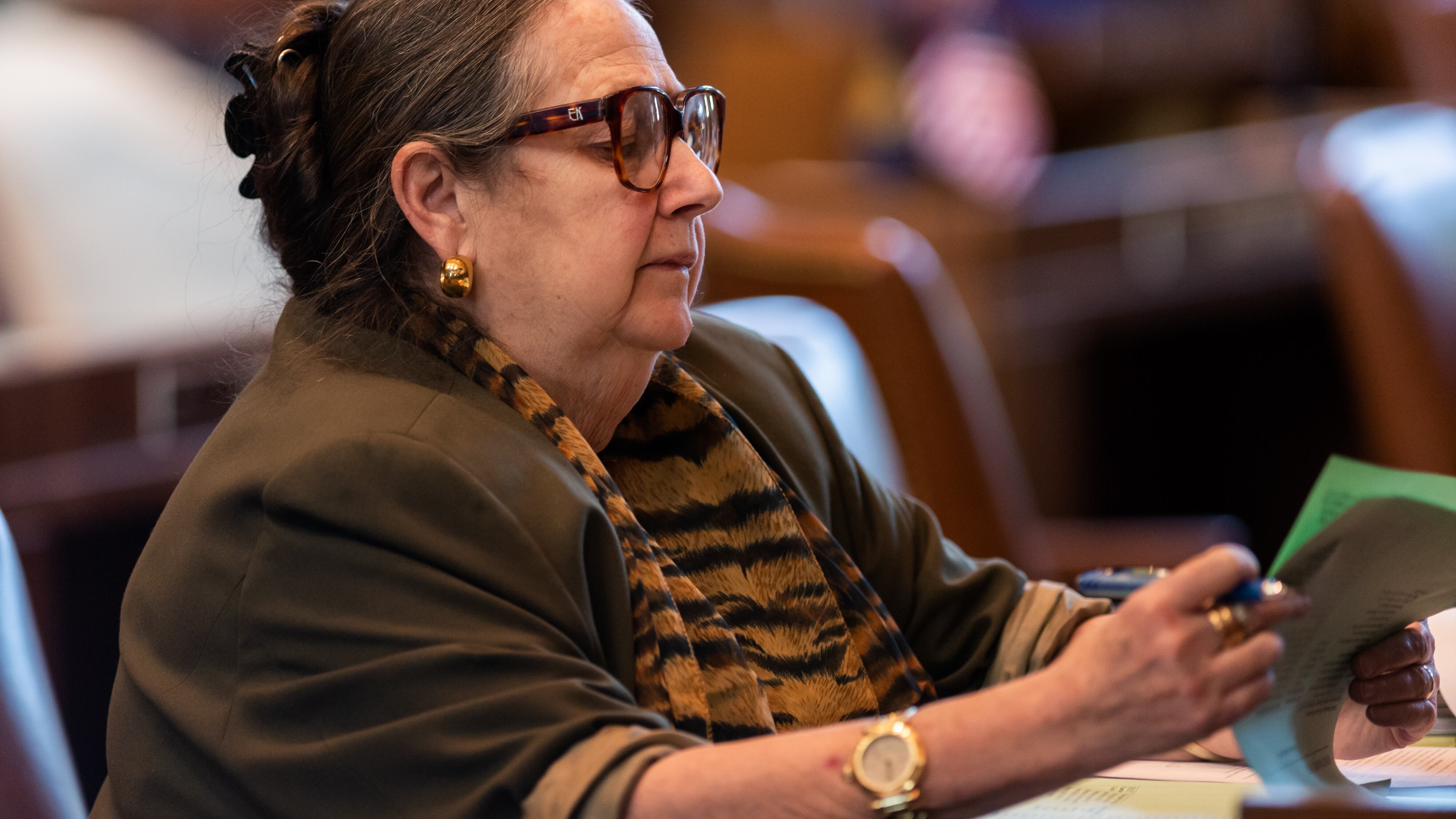The unaffiliated candidate for Oregon governor is now the race’s fundraising leader.
State Sen. Betsy Johnson, who has served 20 years in Salem as a Democrat but is raising money for an independent campaign for governor, announced last week that she’s squirreled away $2.5 million so far. That far more than the three leading Democrats—Tina Kotek, Tobias Read and Nick Kristof—have raised.
That raises the specter of a competitive third-party candidate. If she doesn’t win, she will likely play the spoiler—whichever party she pulls more votes away from will be the party that loses.
So which will it be? Republicans haven’t won Mahonia Hall in a generation, but Democrats face an unhappy electorate. The best person to appraise the risk is somebody who regularly takes the temperature of voters. So WW asked Portland pollster John Horvick what he thinks.
Can an independent win the governor’s race?
If you just look at Oregon’s history, if you look at just elections in American history, independents don’t win. I mean, it’s just a rare, rare thing. So folks should be clear-eyed about the fact that an independent winning the election shouldn’t be the expectation. That should be the thing that surprises us.
However, [Johnson] is already is extremely well financed. She’s going to be able to spend money to get that name recognition that the candidate needs. She’s going to be able to throw bombs if she chooses through the primaries.
Plus, she’s an interesting person. She’s pretty good at politics. And so there is a real possibility there.
What’s the impact of a Biden first-term midterm election on Oregon?
We have an electorate that’s very upset. We can talk about the reasons why, but you just look at the standard metrics, like direction of state, approval of the local leaders, they’re extremely low. Which would suggest that there’s an opportunity for somebody who is not that.
I would look to 2010 as the example. Chris Dudley got within a whisker of beating [John] Kitzhaber, and Republicans were able to get a 30-30 split in the House of Representatives.
What’s the lowest percentage of votes that a Republican or a Democrat, respectively, could win in a statewide race in Oregon?
Where do I think is the floor for Republicans? It’s hard for me to see the Republicans getting less than 25% of the vote. Democrats? 35%.
Can you still do the math? Is that enough?
Yes. It’s enough for Betsy Johnson to still win.
Any sense of whether Betsy Johnson will hurt Republicans or Democrats more?
I think a third-party candidate who sort of leans to the rightish is more likely to pull from Republican voters than Democratic voters. I think Democratic voters, given the recent history, are very sensitive to their concerns about whatever the worst worries are about the Republican Party. The reason I think the Republicans would more be willing to jump ship is: They haven’t won an election for 40 years.
But who the Republicans nominate makes a big difference. No one’s telling me this, so this is just me reading tea leaves. I suspect there’s a contingent of Betsy Johnson Republicans, whoever those are, who really would like Republicans to nominate the far-right person, because they would like a cleaner head-to-head Democrat versus Betsy Johnson than a three-way—because they need those Republican votes.

